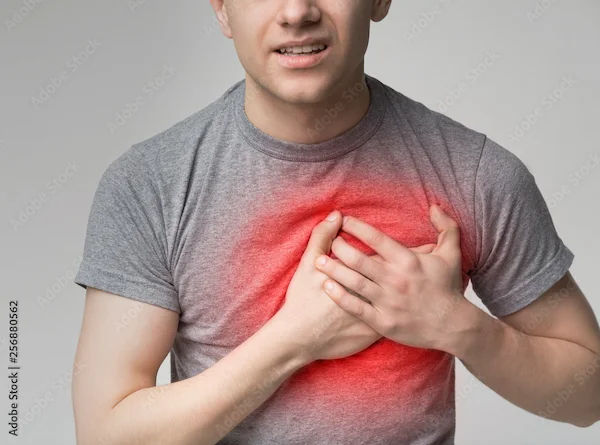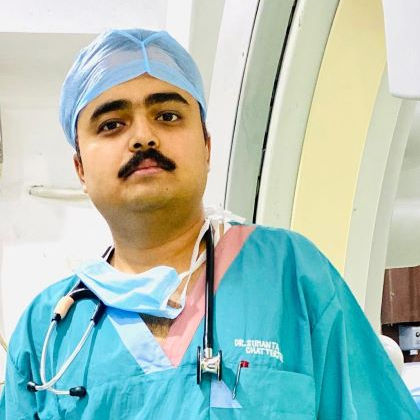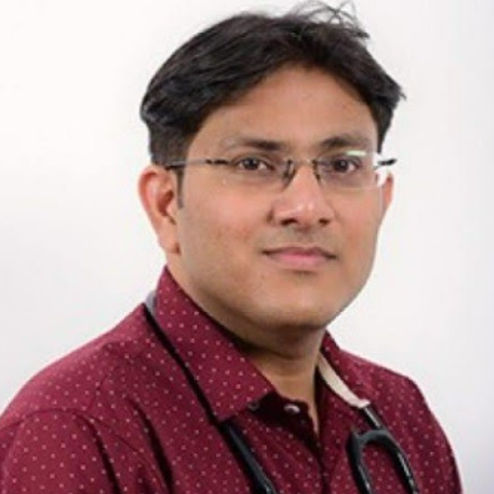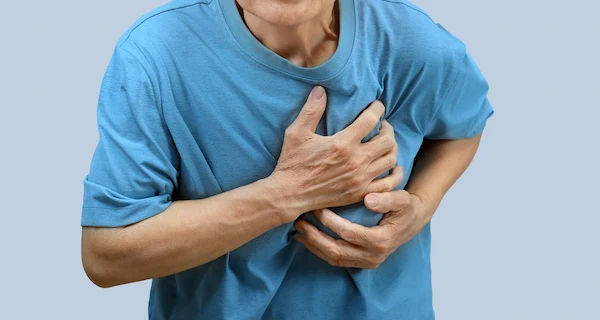Chest Pain: Tests and Diagnosis
know what chest pain is, the tests involved and the diagnosis. When to see a doctor and the best tips for a healthy heart.


Introduction
Chest pain can be scary, and it’s natural to worry when you experience it. While chest pain doesn’t always mean something serious, it’s important to understand the possible causes and the tests doctors may recommend to diagnose the issue. This guide will help you learn about common tests for chest pain, what to expect, and how to take care of your heart health.
Understanding Chest Pain
Chest pain can feel different for everyone—sharp, dull, burning, or squeezing. It may come and go or last for a long time. Some common causes include:
Heart-related issues like angina, heart attack.
Digestive problems like acid reflux, gastritis.
Muscle or bone strain, like costochondritis, injury)
Lung conditions (pneumonia, pulmonary embolism)
Anxiety or stress
Since chest pain can be a sign of a serious condition like a heart attack, it’s always best to get it checked by a doctor.
Consult Specialist Cardiologist expert advice for further information.
Common Tests for Chest Pain
Doctors use different tests to find out the cause of chest pain. Here are some of the most common ones:
1. Electrocardiogram (ECG or EKG)
What does it do?
Measures your heart’s electrical activity to detect irregular heartbeats or signs of a heart attack.
What to expect?
Small sticky patches (electrodes) are placed on your chest, arms, and legs. The test is quick and painless.
2. Blood Tests
What do they do?
Check for enzymes (like troponin) that are released if the heart is damaged (as in a heart attack).
What to expect?
A small blood sample is taken from your arm.
3. Chest X-ray
What does it do?
Looks at your heart, lungs, and bones to check for infections, lung problems, or other issues.
What to expect?
You’ll stand in front of an X-ray machine while a picture is taken. It’s quick and painless.
4. Stress Test
What does it do?
Checks how your heart works during physical activity (walking on a treadmill or using medication to simulate exercise).
What to expect?
You’ll be monitored while exercising. If you can’t exercise, medicine may be given to make your heart work harder.
5. Echocardiogram (Echo)
What does it do?
Uses sound waves to create images of your heart, showing how well it pumps blood.
What to expect?
A technician moves a small device (transducer) over your chest. It’s painless and takes about 30-60 minutes.
6. CT Scan or MRI
What do they do?
Provide detailed images of your heart and blood vessels to check for blockages or other problems.
What to expect?
You’ll lie still inside a machine. CT scans are quick, while MRIs take longer but don’t use radiation.
7. Coronary Angiography
What does it do?
A special dye is injected into your heart’s blood vessels to check for blockages (used if a heart attack or severe blockage is suspected).
What to expect?
A thin tube (catheter) is inserted into a blood vessel (usually in the groin or arm) and guided to the heart. You’ll be given local anaesthesia.
Get Your Health Assessed
When to Seek Immediate Help?
Some types of chest pain need emergency care. Call for help if you have:
Crushing or squeezing pain in the chest
Pain spreading to your arm, neck, jaw, or back
Shortness of breath, sweating, nausea, or dizziness
Sudden, severe pain that doesn’t go away
Tips for Managing Chest Pain
If your chest pain is not an emergency, here are some ways to manage it:
For Heartburn or Acid Reflux:
Avoid spicy, fatty, or acidic foods.
Eat smaller meals and don’t lie down right after eating.
Raise the head of your bed slightly to reduce nighttime reflux.
For Muscle or Bone Pain:
Apply heat or ice to the sore area.
Take over-the-counter pain relievers (if approved by your doctor).
Avoid heavy lifting or sudden movements.
For Heart Health:
Eat a balanced diet (more fruits, vegetables, whole grains, and lean proteins).
Exercise regularly (walking, swimming, or cycling).
Quit smoking and limit alcohol.
Manage stress with relaxation techniques (deep breathing, yoga, or meditation).
When to See a Doctor?
Even if your chest pain seems mild, see a doctor if:
It keeps coming back.
You have risk factors like high blood pressure, diabetes, or a family history of heart disease.
You feel unusually tired or short of breath.
Final Thoughts
Chest pain can have many causes, some minor and some serious. The key is not to ignore it—getting the right tests can help find the cause and guide treatment. By staying informed and taking care of your heart, you can reduce risks and stay healthy.
Consult Specialist Cardiologist expert advice for further information.

Dr. S B Bhattacharyya
Cardiologist
22 Years • MBBS, MD(General Medicine),DM (Cardiology)
Kolkata
Gariaheart Clinic, Kolkata
Dr. Jayarajah Mariappan
Cardiologist
45 Years • MBBS, MD(GEN MEDICINE), DM(CARDIOLOGY)
Chennai
Sooriya Hospital, Chennai

Dr. Amit. A. Bharadiya
Cardiologist
12 Years • MBBS, MD General Medicine, DNB Cardiology, FSCAI
Maharashtra
Surabhi Hospital, Maharashtra, Maharashtra

Dr. Sumanta Chatterjee
Cardiologist
12 Years • MBBS,MD General Medicine,DM Cardiology
Kolkata
HealthYou Speciality Clinic & Diagnostics., Kolkata
(25+ Patients)

Dr. M Sudhakar Rao
Cardiologist
8 Years • MBBS, MD General Medicine, DM Cardiology
Bengaluru
UMC, Kormangla, Bengaluru


